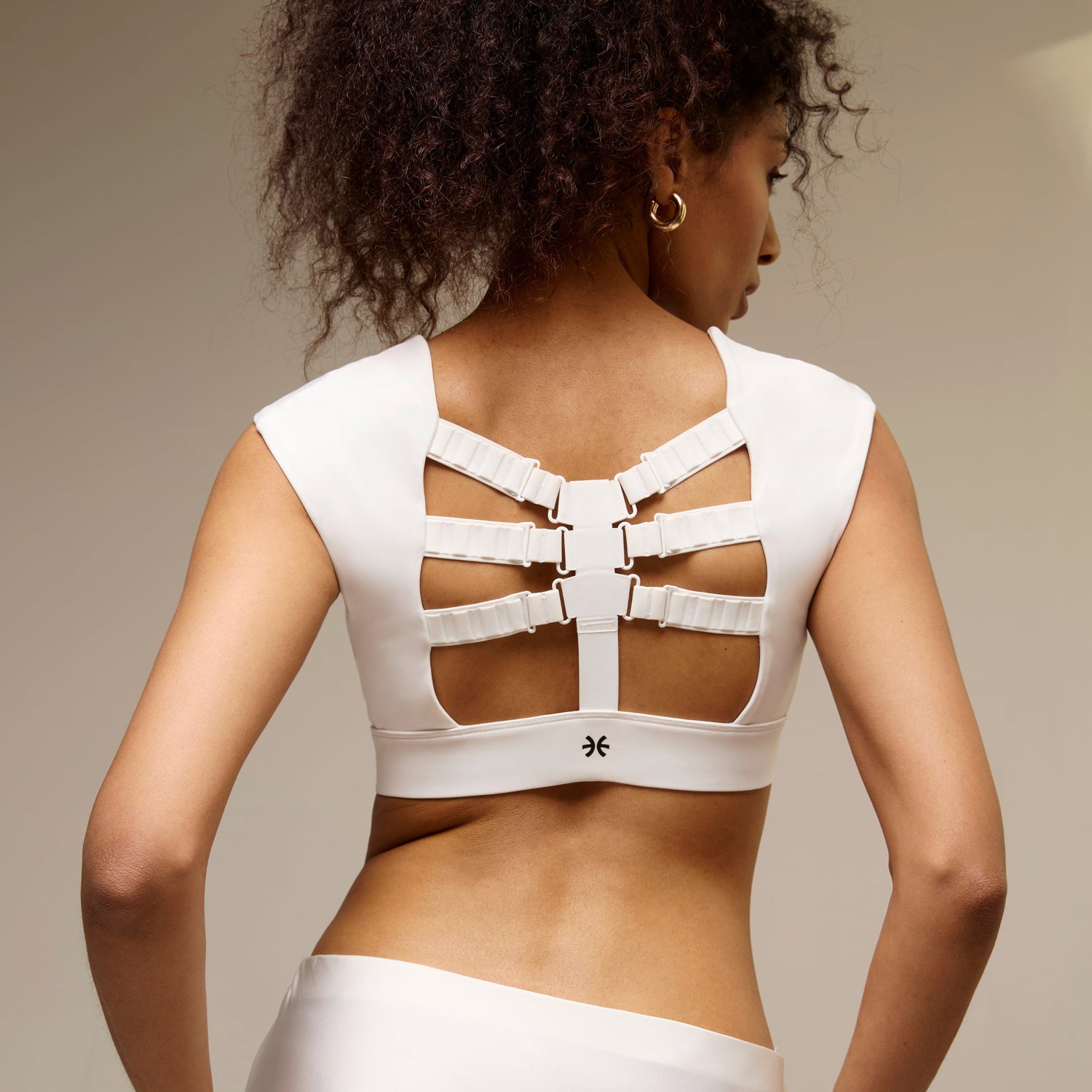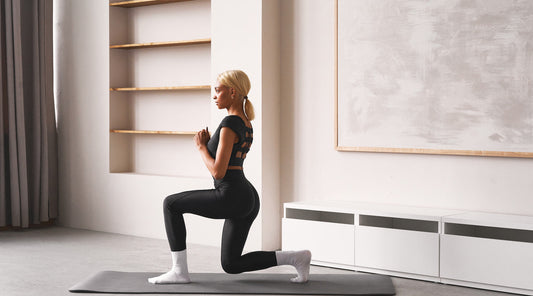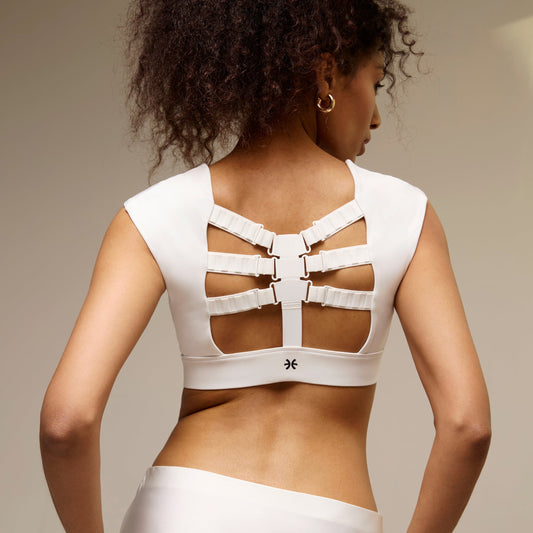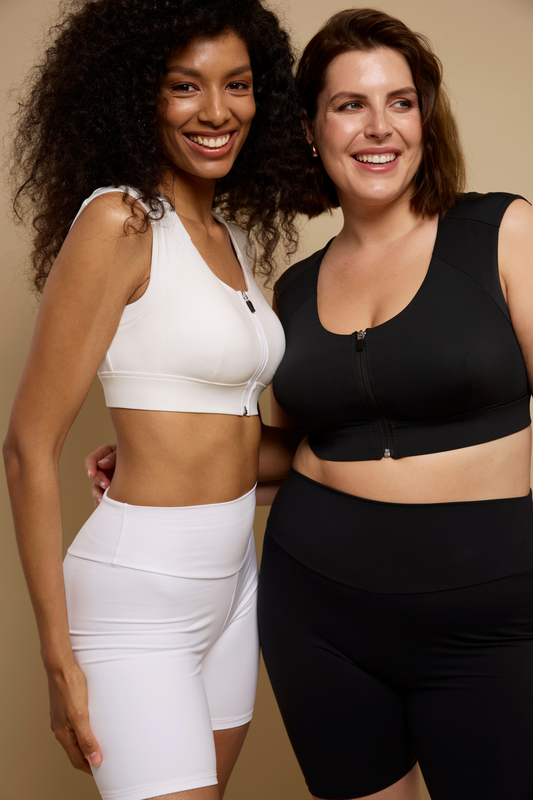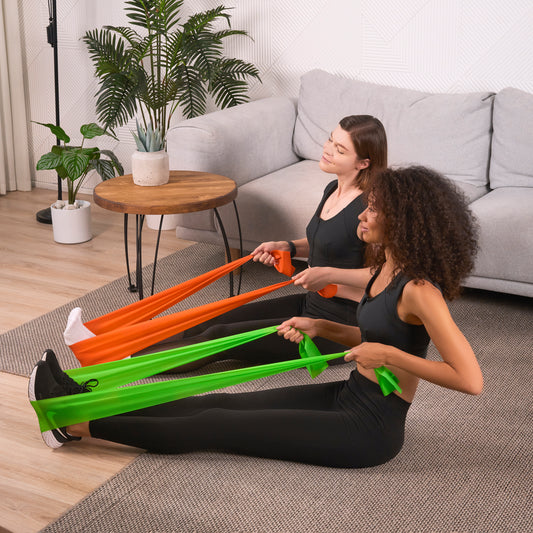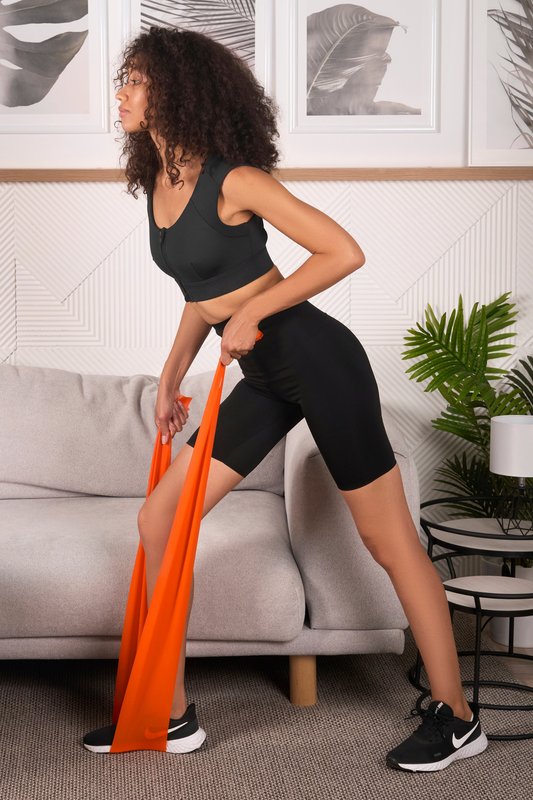Do you remember people that inspired you at work? Or leaders that you admire? Their presence in a room is starting with position, posture, and the volume of voice that gives a warm feeling of being captivated and led. In opposite, colleagues with poor posture appear less engaged, less confident, and ultimately disinterested. Studies confirmed that good posture influences not only chronic back pain. It also defines career trajectory and success in social interactions. For example, helps to pass interviews successfully, conquer a client during a sales conversation, present results of your project, or network. Power posture and straight back influence not only physical appearance. It impacts confidence levels and mental abilities.
The physiological impact of slouching on professional success
Despite being told in childhood “Sit up straight!”, around 65 million Americans suffer from back pain, but don’t pay attention to slouching as a part of a professional challenge. Chiropractor and certified functional medicine practitioner Dr. Vikki Petersen highlights how bad posture impacts productivity at work,
“Poor posture is extremely common, yet few appreciate that it can make you tired, give you headaches and diminish your mental acuity. Your head is a 10-pound bowling ball perched above your spine. When your head protrudes forward or you slouch, you interfere with nerve flow to your neck and brain leading to pain, headache, loss of concentration, and more. A slouched position compromises your oxygen intake, leading to fatigue and brain fog.”
The Covid-19 pandemic enhanced the good posture challenge because many employees were forced to leave offices with ergonomic furniture and work remotely at home sometimes from their kitchen, bed, or even a garage. Also without going to an office, people spend more time sitting staring at a computer screen instead of walking. Anyone who works at a desk or had an injury can encounter the physical effects of joint pain or arthritis.
The neurological connection between posture and stress
Everyday stress affects not only our minds but also our bodies. And poise reflects this mind-body state. The different stimuli of our nervous system and responses to them can quickly throw us off balance and create tension in our bodies. Chronic stress can easily make us slump over in our chairs make. Professional posture issues happen not only in white-collar jobs. Athletes and dancers don't pay enough attention to this aspect of their bodies. Slouching exacerbates anxiety and affects the way we carry ourselves. According to PainScience posture is linked to our emotional state, and our mood can have a significant impact on it. Have you noticed that when you are happy, you are more open and hold a head up? Bad posture restricts our breathing and makes it difficult to speak.
A 2012 study that looks at the relationship between posture and depression found that body movement significantly affects energy levels. After alternating posture from slouched to upright, the subjective energy level either increases or decreases. The study found a significant impact on the energy level of the participants, particularly those with higher rates of depression. It also means that showing up at work with a confident posture sends non-verbal messages about your success, confidence, engagement, and happiness to your boss, colleagues, and potential employer. How don’t want to work with this person?

Psychological correlation between career and posture
Social psychologist Amy Cuddy presented In her TED Talk how posture could boost your chances for success in the professional world. She described how assuming a “power posture,” which was as simple as standing up straight with your shoulders back, gave people more confidence, whether or not they actually felt confident. Cuddy highlighted that great posture impacted how others perceived you and how you perceived yourself. And this is due to the fact that when you stand straight and assume a more open stance, your testosterone levels increase, and your stress hormones decrease.
A study published in Health Psychology shows that posture has a direct influence on stress responses. Adopting an upright seated posture in the face of stress helps maintain self-esteem and increases positive mood compared to a slumped posture. Furthermore, participants with slumped postures had more negative emotions and used more sad words. Sitting upright may help build resilience to stress. An article from Forbes about powerful body language suggests that taking a deep breath, bringing gestures down to waist level, and pausing before making a key point, help you appear calmer and contained, which in turn makes you look more powerful.
How to improve your posture and get professional success?
For many people, remote work maintains reality and provides even more complex conditions for eliminating slouching. Taking care of your back should be a new post-covid wellness routine. There are multiple ways how to do it:
- Organize a straight-back-friendly workspace: Adjust your office chair, your computer, and your desk pointing in a way that you feel comfortable. Check the position of your screen; make sure your chair is at the right height so your eyes are level with your computer monitor.
- Replace a regular bra with posture apparel, that can relieve your back pain and boost confidence. Why posture bra instead of popular correctors? Apparel like Etalon is designed for everyday life. It provides crucial support to your back without restrictions. Also, it doesn’t look weird and matches a business casual wardrobe.
- Take a break from sitting: every hour tries to do some stretching or take a walking break.
- Perform self-reflection and regularly notice a positive change. Any professional coach will tell you that an important part of achieving great success is to celebrate small wins along this journey. Be self-aware and notice your behaviors. The next time you have a presentation or interview, practice in front of a mirror or with a video recording. Rather than criticize yourself and nitpick about superficial things, pay attention to your poise and posture. Is your head leaning more towards one side? What about your shoulders? Are they pulled too far back, thus making your torso shorter? What about your neck, is it strained? What is this body language communicating to others? Perform this experiment after one week of adjusting your working routine and wearing the Etalon bra. Do you recognize the positive change? Do you feel more confident? The awareness of unwanted habits is the first step to changing them.
Sources:
https://www.classycareergirl.com/how-to-have-great-posture-at-work/
Photo by Christin Hume on Unsplash
FAQs
How does posture influence career growth?
Can poor posture really affect my productivity at work?
What’s the link between posture and stress?
How does posture impact confidence in professional settings?
Why is posture an overlooked factor in career success?
What are practical ways to improve posture at work?
How quickly can I notice results from better posture?
Trending
Try Etalon posture improvement products
